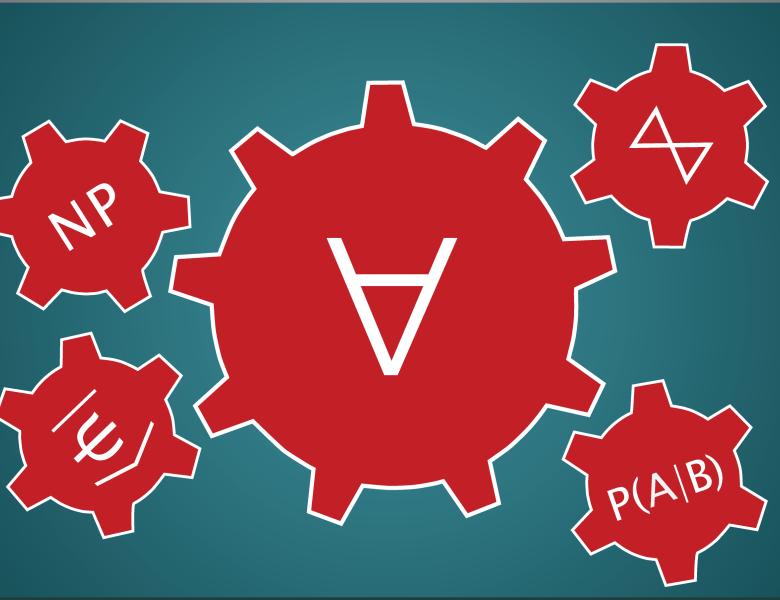
Abstract
Contextuality is one of the fundamental features of quantum mechanics that set it apart from classical physical theories, and recent work establishes its rôle as a resource providing a quantum advantage in certain information-processing and computational tasks. We discuss the contextual fraction as a quantitative measure of contextuality, defined for any empirical model (i.e. table indicating the probability of outcomes of measurements in a given experimental scenario). The contextual fraction bears a precise relationship to maximum violations of generalised Bell inequalities, and it is shown to be monotone with respect to a range of operations which can be thought as forming the “free” operations in a resource theory of contextuality. It is also closely related to quantifiable advantages in certain tasks, such as cooperative games and a certain form of measurement-based quantum computation.


